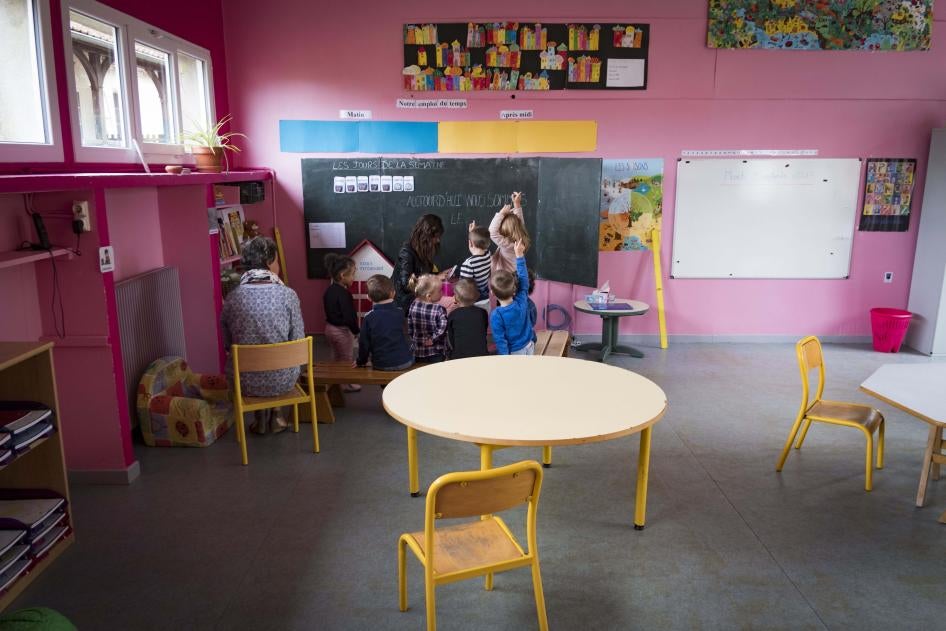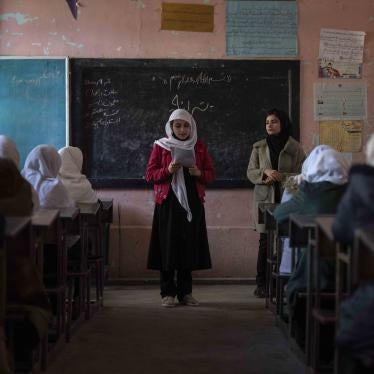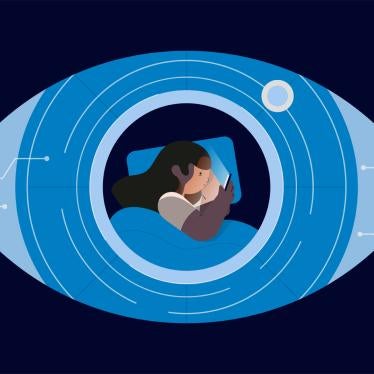The “time has come” for countries to align their international human rights obligations with their political commitments on early childhood education, said the outgoing United Nations special rapporteur on the right to education, Koumba Boly Barry, in her final report. Presenting the report to the UN General Assembly yesterday, her successor, Farida Shaheed, stressed the importance of early childhood education being free: “If it’s not free, if it’s not available for everyone, then it’s going to increase the inequalities that already exist.”
Early childhood education brings “substantial developmental, educational, social, cultural and economic benefits,” Boly Barry says. Yet the cost of education remains a barrier for millions of children around the world, and half of the world’s children miss out on pre-primary education.
As part of the UN Sustainable Development Goals, all states have committed to ensure that by 2030 all children have access to quality early childhood development, care, and pre-primary education.
But governments’ political commitments are not enough. While international human rights law currently guarantees all children a right to free and compulsory primary education, it does not guarantee an immediate right to secondary education and is almost silent on pre-primary education. Boly Barry recommends a new legally binding treaty to recognize every child’s right to early childhood education.
Human Rights Watch also believes all children have a right to pre-primary education, and has proposed a fourth optional protocol to the Convention on the Rights of the Child that would recognize every child’s right to at least one year of free and compulsory pre-primary education. Such a new treaty should also recognize an immediate right for all children to free secondary education.
We are not alone. An open letter from Nobel Peace Prize laureate Malala Yousafzai and climate activist Vanessa Nakate, launched by the global civic movement Avaaz, has attracted more than a half-million signatures calling on world leaders to support a new international treaty to guarantee free education from pre-primary through secondary. Dozens of child rights and education experts have also called for expanding the right to education. And at the recent Transforming Education Summit held at the UN in New York in September, both Argentina and Spain spoke in support of expanding the right to recognize free pre-primary and free secondary education.
The question of expanding the right to education appears to be not “if” but “when.” On that, the special rapporteur has been clear: now is the time.









